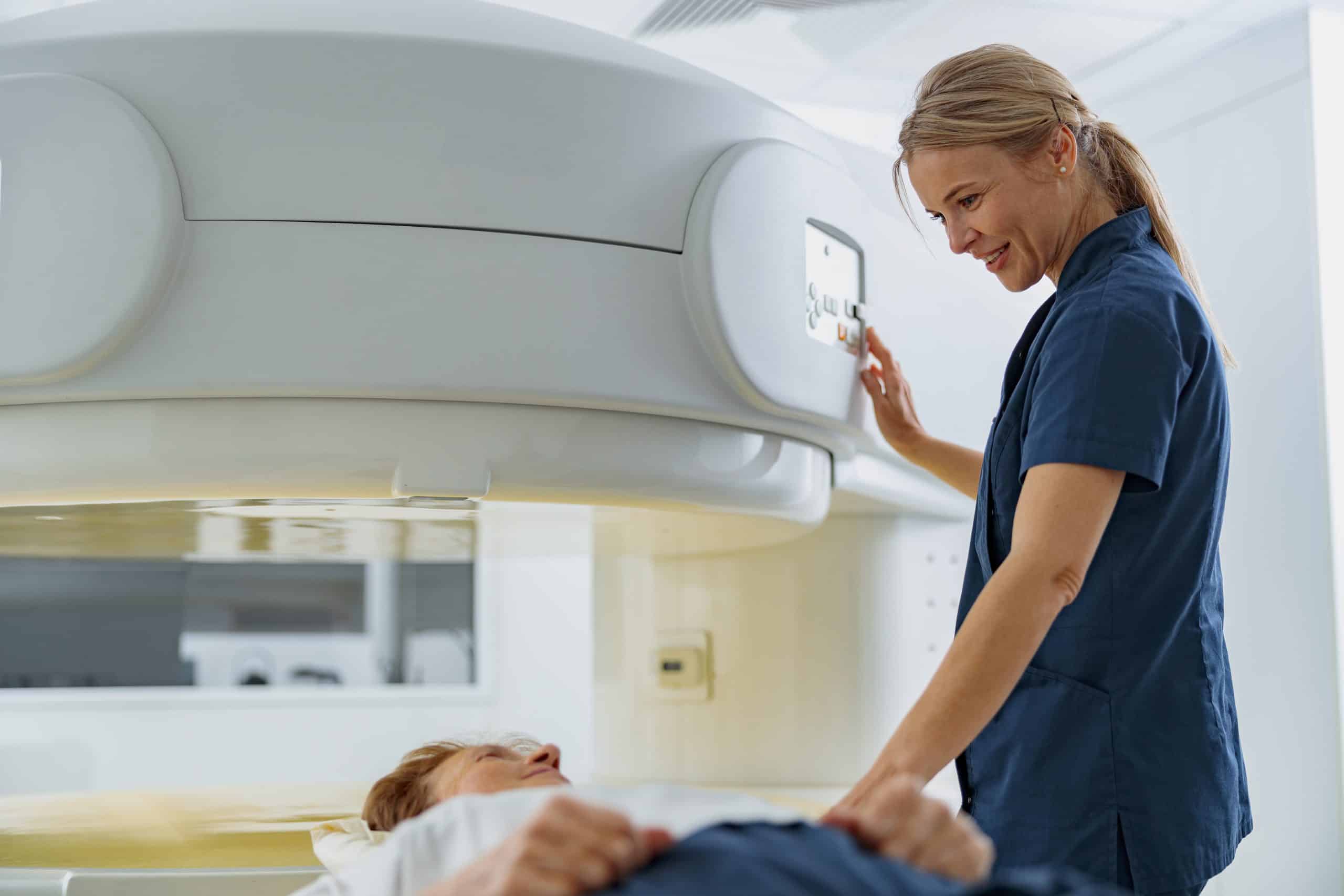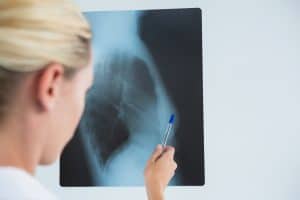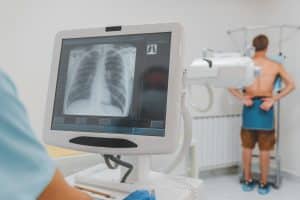Valence Medical Imaging, serving Toronto, Brampton, Whitby, and Niagara Falls, remains dedicated to offering its patients the most advanced breast imaging technologies. Understanding the nuances between MRI and Mammography can be pivotal for women considering the best approach to breast cancer screening. This article dives deep into the comparative analysis of these two prevalent imaging modalities.
Breast Imaging is crucial for the early detection of breast cancer. There are multiple imaging methods available today, and among the most common are Magnetic Resonance Imaging (MRI) and Digital Mammogram. While both aim to detect breast cancer, they have different methodologies, strengths, and limitations.
Digital Mammogram:
A digital mammogram is a type of X-ray that examines the breast tissue. It’s the standard procedure for breast cancer screening and has been a trusted method for years.
BI-RADS Classification:
Every mammogram is evaluated based on the Breast Imaging-Reporting and Data System (BI-RADS) classification. This system standardizes mammogram reports and categorizes them on a scale, assisting radiologists in their diagnosis and recommendations.
Breast Tomosynthesis:
Also known as 3D mammography, breast tomosynthesis offers images from multiple angles, providing a more comprehensive view compared to a traditional 2D mammogram.
Radiation Exposure:
While mammography involves radiation exposure, the amount is minimal and is considered safe for regular screenings. Modern digital mammograms use less radiation than older techniques.
Dense Breasts:
For women with dense breasts, mammograms can be less effective because dense breast tissue can obscure tumors. Supplementary methods, like breast ultrasound or MRI, might be recommended.
MRI:
MRI uses magnets and radio waves to create detailed images of the breast tissue. It doesn’t use X-rays, eliminating radiation exposure.
Breast Biopsy:
If an anomaly is found, MRI can guide a needle into the exact location of the suspicious area, ensuring precision during a breast biopsy.
Application:
MRI is often reserved for women at high risk of breast cancer or when other tests are inconclusive. It’s also beneficial for checking the presence of cancer in the other breast once one has been diagnosed.
Dense Breasts:
MRI is more sensitive than mammography and can detect cancer in dense breasts with greater accuracy.
Additional Screening: Breast Ultrasound:
For women with dense breasts or those who need further evaluation after a mammogram, a breast ultrasound is another option. It uses sound waves to create pictures of the breast tissue.
Diagnostic Mammogram vs. MRI:
While both are used for diagnostic purposes, a diagnostic mammogram focuses on a specific area of concern, often following a screening mammogram. MRI, on the other hand, provides a broader view and is usually recommended in more complex scenarios.
Radiation Exposure:
Only mammograms expose patients to radiation, but it’s a minimal, controlled amount. MRI does not involve radiation.
Cost & Accessibility:
In many regions, including Toronto, Brampton, Whitby, and Niagara Falls, mammography is more widely available and might be less costly than MRI. It’s essential to consult with your healthcare provider about the best option for you.
Both MRI and Mammography have their unique strengths in breast cancer screening. Depending on individual risk factors, breast density, and previous results, one method might be more appropriate than the other. Valence Medical Imaging is here to assist and guide you in making an informed decision about your breast imaging needs.
We encourage all individuals to consult with their healthcare provider to determine the best approach for their unique situation. Early detection remains key in the fight against breast cancer, and both MRI and mammography play crucial roles in this battle.





